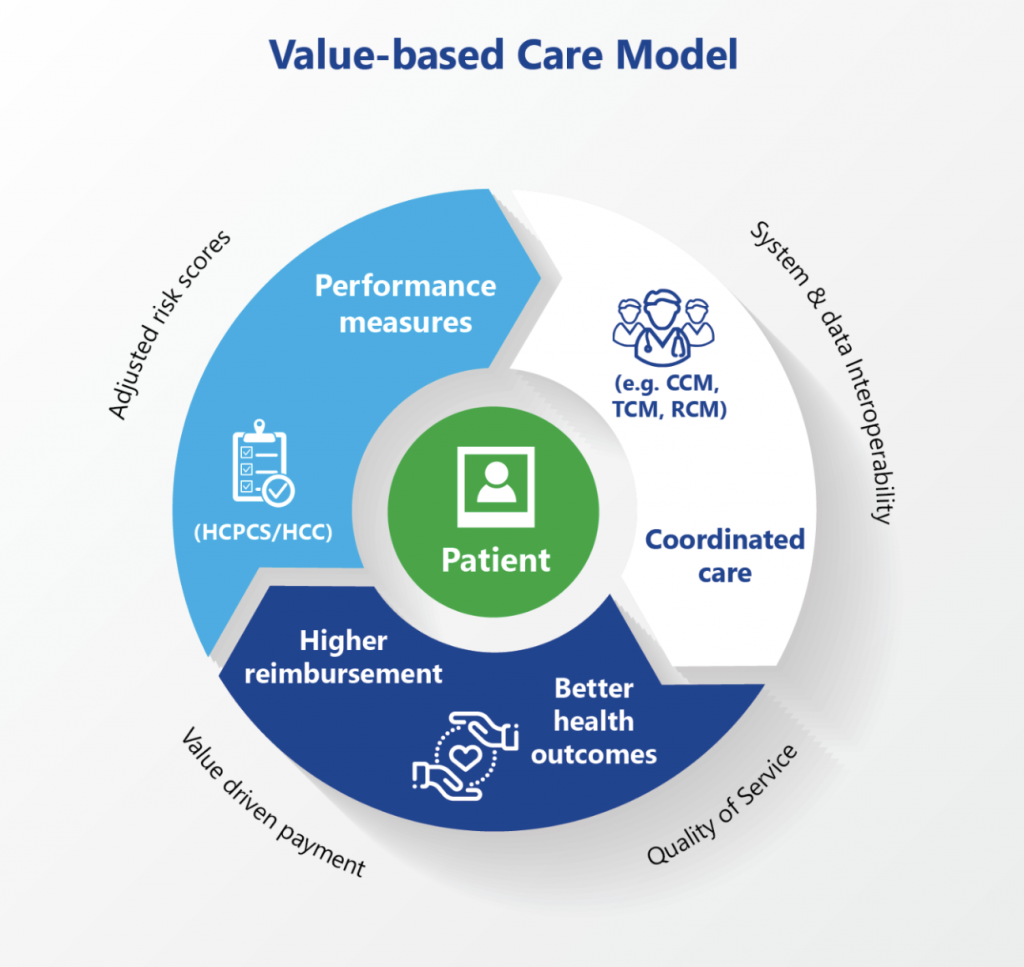Social Impact Internships: Amina Abdalla (’25)
My name is Amina Abdalla, and I’m a rising sophomore in course 20 (bioengineering). This summer, I had the privilege of interning at MassHealth, Massachusetts’ Medicaid and Children’s Health Insurance program. MassHealth provides free or low-cost health coverage for over 1.8 million Massachusetts residents who earn less than various financial thresholds, connecting them to essential health resources.
I have always wanted to work in healthcare; one of my most important career aspirations is to truly make an impact. I want to take the knowledge of subjects I’ve enjoyed studying so much and put it to good use – i.e., to improve people’s lives.
In my freshman fall, I took a seminar called “Genes in the News,” where we’d occasionally discuss health equity, and the role of the government in regulating and funding promising therapeutics. My involvement in MIT’s Global Health Alliance also introduced me to more ways of critically thinking about how healthcare is coordinated across communities, and how these systems can be improved.
From these experiences, I began to think about exploring a career in public health. I wanted a closer look at the work that is done to ensure people have access to high-quality care. How can processes be improved so that care is coordinated for each patient, ensuring that they have access to the same quality care? What is being done to equalize non-medical factors that are known to influence people’s overall health (social determinants of health) across socioeconomic classes?
When I landed an internship on MassHealth’s Health Plan Administration and Oversight (HPAO) team, I was very excited to begin to piece together answers to my questions. HPAO is a crucial part of MassHealth; the team manages the contracts the state maintains with healthcare providers, payers, accountable care organizations, and managed care organizations. They ensure that providers follow network adequacy standards so that there are enough care providers to meet the needs of MassHealth members. HPAO also works across departments to ensure that members’ concerns are addressed, interfacing with teams like Policy and Legal on process improvement efforts.
Accessing healthcare can be extremely difficult for marginalized populations. Someone who doesn’t have a car or works a demanding job would find it difficult enough to schedule and get to an appointment. Now imagine they live in an area where there aren’t enough, say, pediatricians. Traveling further to find one would simply be out of reach for most people in this situation. One of the first projects I did was a data-analysis project where I looked at MassHealth plans and access to primary care providers (adult, child, and family) across the state. Quantifying this data helps us understand where there are gaps in access. From this, we can figure out where MassHealth members are going to access these services; then, MassHealth can consider ways to solve the issue, such as finding another provider in that area. Another project I worked on was making healthcare-related documents easier to read, being mindful of members with low health literacy. Changes like these can improve millions of people’s understanding of their health benefits, making my work a small part of a hugely impactful program.

The unit I worked for at MassHealth does a lot of work to reimagine healthcare systems, in the aim of moving away from a fee-for-service model (where the care provider is paid for every service rendered) towards a value-based model (in which providers look at the entire structure of care). This involves considering situations that cause or exacerbate health conditions. For example, this could mean following up with MassHealth members experiencing homelessness after they’ve been discharged from a hospital, and working with them to secure housing. I was really impressed with this effort, since it addresses concerns I’ve heard about in healthcare regarding providers who maximize the amount of money they make by recommending unnecessary services.
In between projects, meetings, and other responsibilities, I met one-on-one with various MassHealth staff for informational interviews. With each discussion I had, I was blown away by each person’s genuine passion for their work. I talked with people who worked on things like MassHealth’s COVID-19 response, maternal health policy, and behavioral health services. Over and over, I heard people mention the scale of their outreach; how aware they were of the magnitude of their role.
My internship experience has shown me the day-to-day workings of public health administration. It’s impacted my academic life, setting me on a path towards taking more public health and health policy classes. My ideas of potential career paths have been expanded, for the first time including work in the public sector. I’m grateful to have met so many incredible people who’ve dedicated their careers to making healthcare accessible for all. I look forward to furthering my knowledge of public health as I work towards a career in healthcare.
Tags: Health & Medicine, Social Impact Internships, Social Impact Internships Summer 2022
